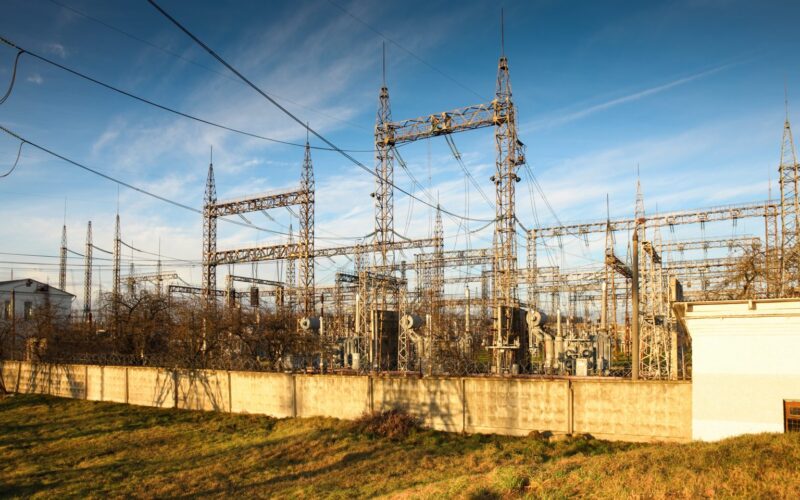California has received a $600 million federal grant to enhance its 100 miles of electric transmission infrastructure, a move set to significantly bolster grid reliability and accelerate the delivery of clean, affordable energy across the state.
The grant, part of the Grid Resilience and Innovation Partnership (GRIP), will partner with the California Harnessing Advanced Reliable Grid Enhancing Technologies for Transmission (CHARGE 2T) programme involving a consortium of key state agencies and major utilities, including the California Energy Commission, the California Public Utilities Commission, the California Independent System Operator, Pacific Gas & Electric Company, and Southern California Edison.
The CHARGE 2T programme aims to retrofit 100 miles of transmission lines with advanced technologies to increase the grid’s capacity to connect to new clean energy sources, surpassing the current infrastructure’s limitations.
The programme promises substantial economic benefits, including the creation of over 300 direct jobs and an estimated $200 million in energy savings from improved grid efficiency. Additionally, it focuses on promoting social equity by generating economic opportunities and community benefits for disadvantaged areas and investing in workforce training programmes for future energy and utility professionals.
In a parallel initiative, a consortium of Northern California tribes, including the Blue Lake Rancheria Tribe, Hoopa Valley Tribe, Karuk Tribe, and Yurok Tribe, received $88 million in GRIP funding for the development of community microgrids. This project, complemented by matching funds, aims to enhance energy reliability in rural, wildfire-prone regions, marking a significant step towards a decarbonized and resilient energy system.
U.S. Senator Alex Padilla highlighted the importance of the investment, stating, “As California grapples with increasingly extreme weather as a result of the climate crisis, bolstering our transmission network is essential for protecting public safety and ensuring a successful clean energy transition.”






















